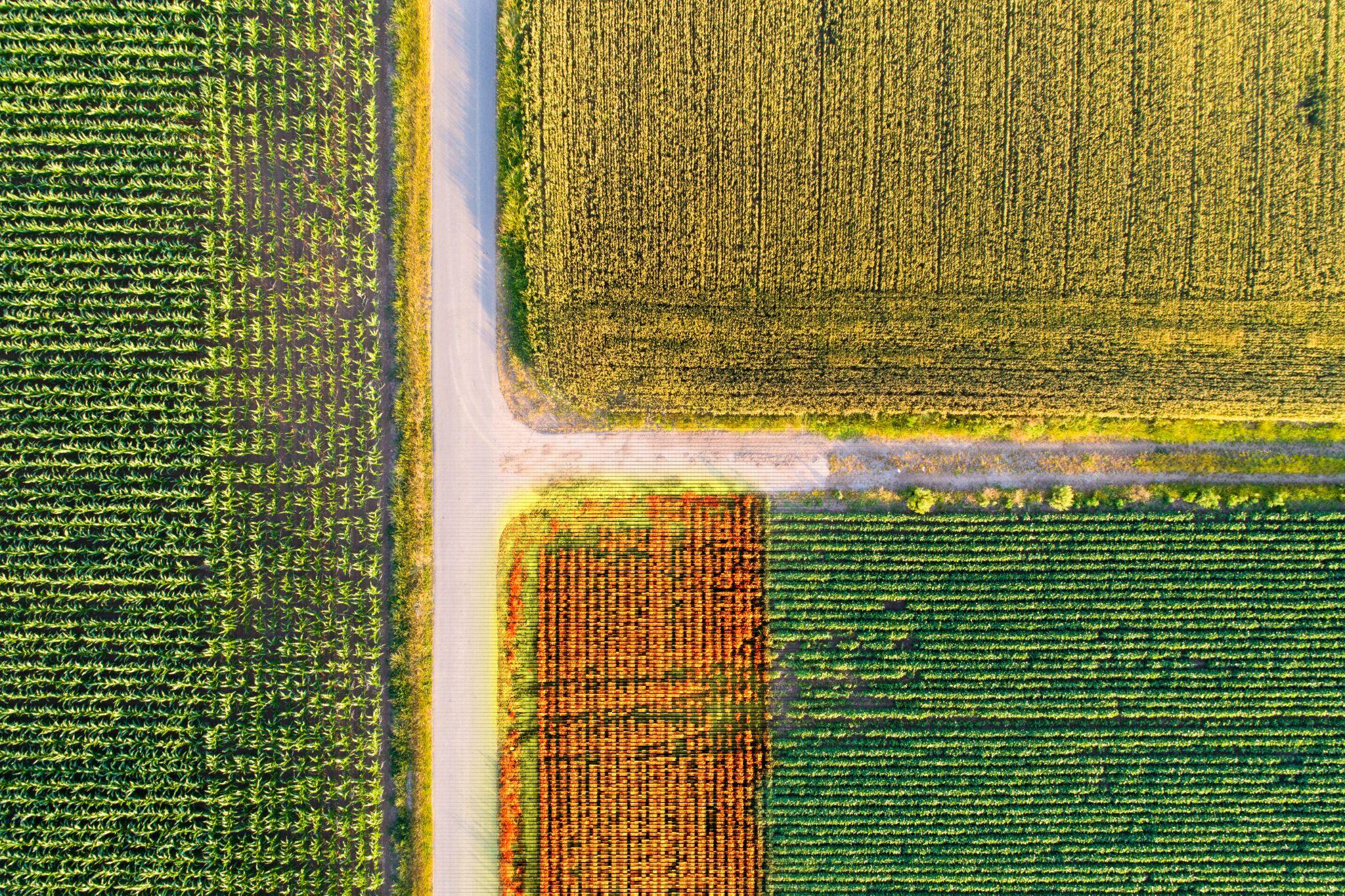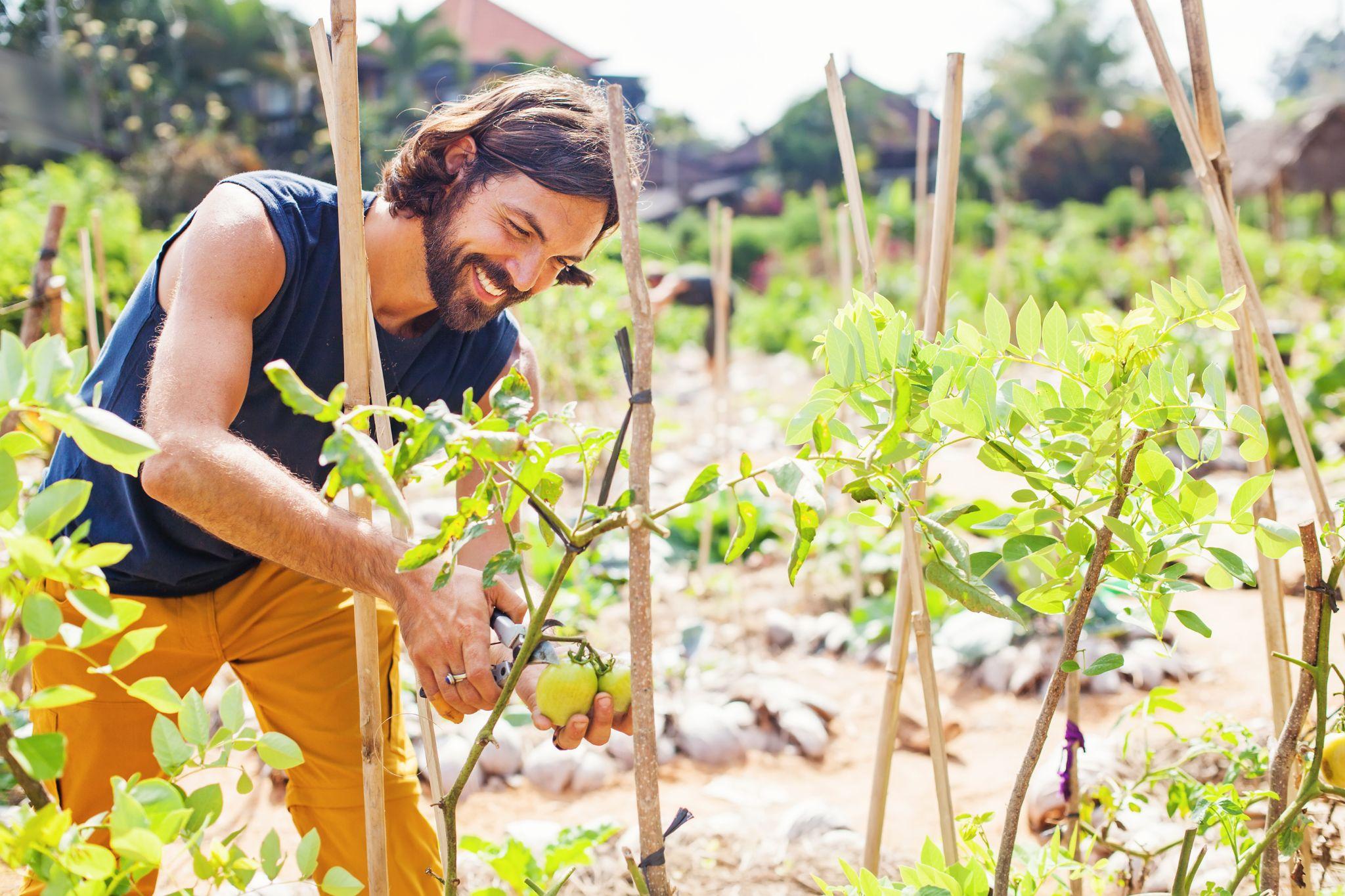Sustainable Farming Tips

For decades, we have used industrial culture for food and textiles. However, this practice has several disadvantages. Industrial agriculture has a lot of adverse effects on the environment. The reason is many chemical fertilizers and pesticides that harm the soil, water, and climate.
Today, industrial farming practices are being replaced by sustainable farming, aiming to meet society’s agricultural needs without harming future generations. After all, people in the future will also need all this. Modern farming technology, including sustainable agriculture, is about maintaining a healthy environment combined with profitability and social and economic equity. In this piece, you can get a few tips on how to make your farm more sustainable.
Boost Biodiversity
If you want to make your farm more sustainable, then you better take care of biodiversity. It means growing shrubs and trees that will help your main crops grow. In addition, it is essential to maintain the livelihoods of living organisms that help crops to thrive.

For example, flowers can be extra plants, which attract insects for pollination. Thus, you preserve natural processes and reduce the number of harmful insects. Growing shrubs and trees is a necessary part of soil care to help prevent erosion.
Build and Protect Soil
Soil, or its fertility, is not an endless resource, so sustainable farmers treat it with care. A good harvest is not possible without the nutrients and microorganisms that inhabit the soil. Accordingly, you should strengthen and protect the safety of this resource so that future generations can also reap a healthy harvest.

Cover crops can help you cope with erosion. Organic matter also plays an important role, and remember to consider all field activities carefully in terms of their long-term impact on the soil.
Protect and Value Water
The fact that agriculture gets 70% of the world’s water supply is no secret. Therefore, it is crucial to reduce the amount of water consumed by this sector. To achieve this, you need to use calculated irrigation.
In addition, it is vital to prevent the leaching of minerals from the soil and their entry into the groundwater. Cultivation of catch crops will help to cope with this task. The roots of shrubs and trees help keep the water clear by preventing erosion and runoff where agricultural land meets water.
Practice Crop Rotation
Crop rotation is a proven and time-tested agricultural practice used to prevent soil depletion. Growing the same crop from year to year, we leave this area without certain nutrients that this monoculture needs.

With a crop rotation, everything happens a little differently, as various crops absorb certain nutrients and at the same time maintain a balance, replenishing stocks. In addition, crop rotation is a great way to get rid of diseases and pests in the same way. Conditions that affect the monoculture can be removed by rotation. Moreover, the presence of multiple varieties can contribute to developing a more robust yield due to genetic diversity.
Use Cover Crops
Cover crop cultivation also contributes to soil maintenance and conservation. You can grow plants such as clover or vetch to protect the soil and replenish nutrients in the off-season. In addition, cover crops also help prevent erosion and inhibit weed growth. Accordingly, you do not need herbicides, or, in any case, you can significantly reduce their use.
Apply Integrated Pests Management
Pest control is a complicated problem that cannot always be resolved entirely. However, using a set of methods, you can significantly reduce the damage caused by pests. IPM includes various types of control, the list of methods ranges from mechanical removal to pesticides.
A proactive approach to solving this problem and thoughtful planning will allow you to keep the harvest healthy. In this case, biological control of the population of harmful insects will help to reduce the use of pesticides.
Final Thoughts
Moving to more sustainable agriculture means a change in approach. There are many ways to improve farm resilience, but they all have the same goal. The main thing is not to. Remember harvest and profit in all possible ways, but cover the population’s needs, leaving this opportunity for future generations.
It is necessary to take care of the soil and microorganisms that inhabit it. Besides, reducing the amount of water consumed through more accurate irrigation is what a new generation of farmers can do. Sustainable farming is profitable, but it can reduce the impact of the agricultural sector on the environment.
What's Your Reaction?
Mahendra is a gentle giant who loves nature and taking care of plants. He has an innate ability to connect with all forms of life, and often spends his free time talking to the trees and flowers in the park. Although he is gentle by nature, Mahendra can be fierce when it comes to defending those he loves. He was born in India, and spent many years living in the jungle before moving to the city. There, he met his wife - a lovely woman who shares his love for nature. The two of them now live in a small house near the park, where they take care of the plants and animals that live there.


